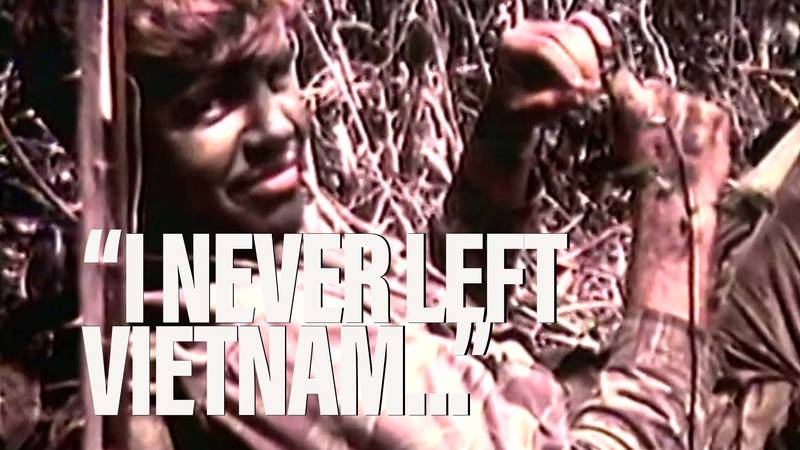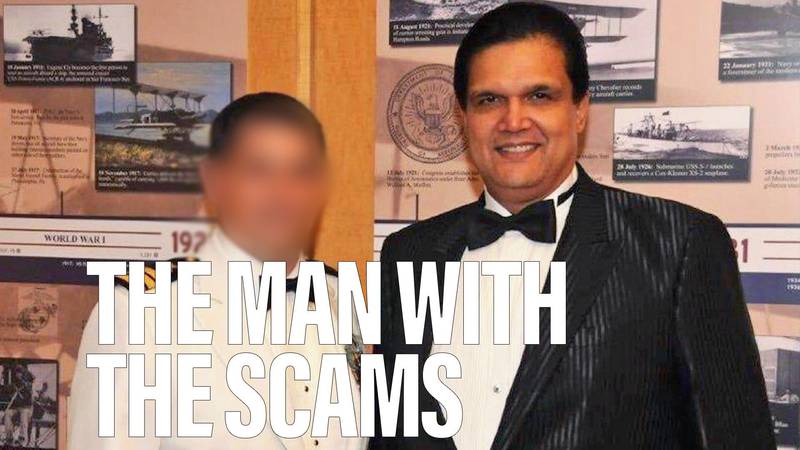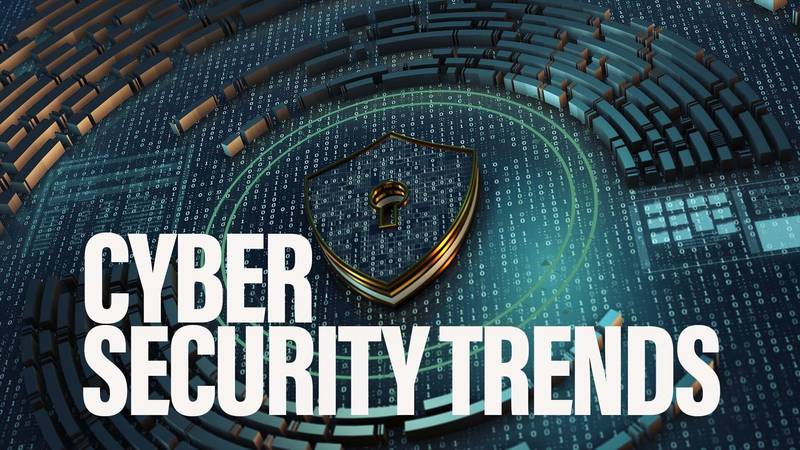Latest Videos
Trending Now
Videos
U.S. troops train to tame snakes; and soldiers learn to recover fallen comrades
Troops in Australia learn how to handle local venomous snakes. Plus, a new study on the benefits of service dogs, and footage of DARPA’s new submersible.



